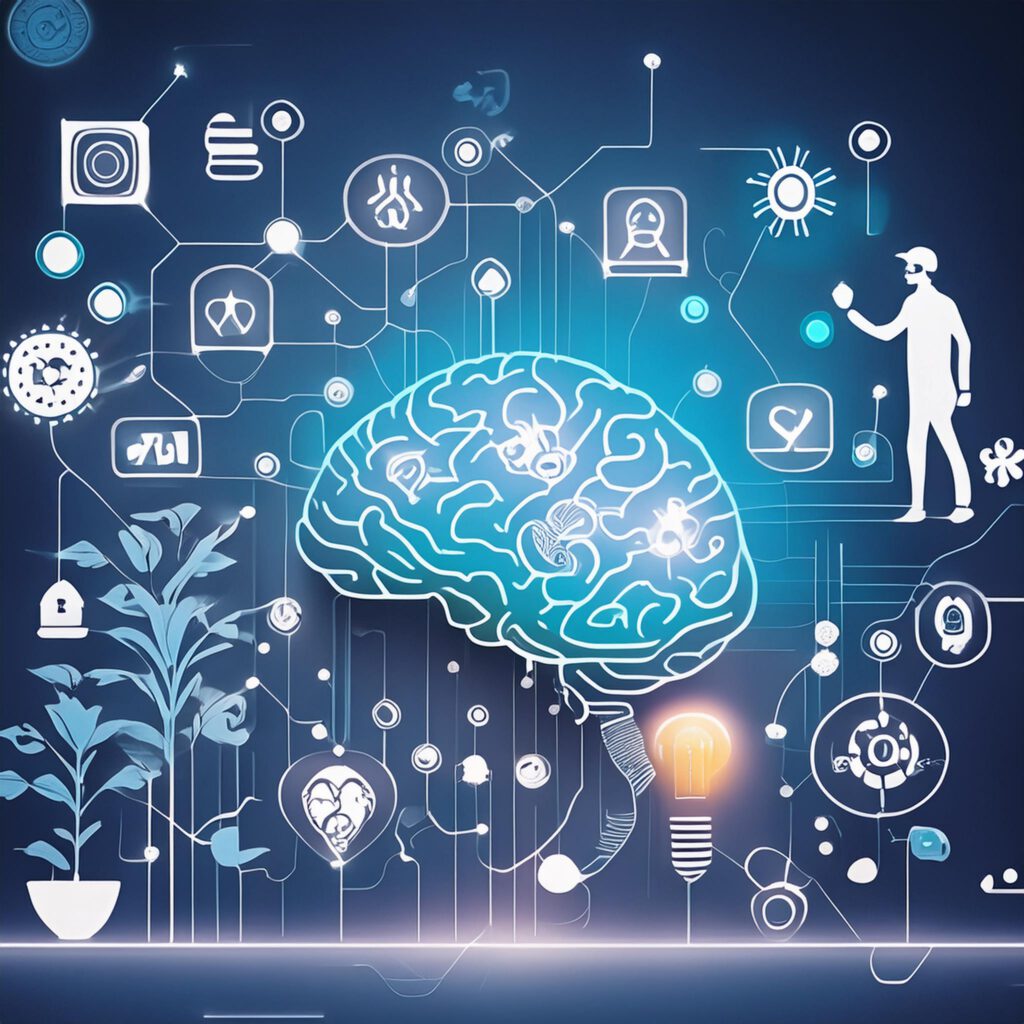OTKA K 132880
It is well known that many cognitive processes, such as perception, attention, or multiple aspects of memory, deteriorate in old age. This is because some brain structures, like prefrontal cortex, are more affected by the aging process, and those cognitive functions that rely on them are more likely to decline. On the other hand, there are brain structures, like parietal lobe, that are less affected by age. Our project focuses on how to facilitate the use of brain areas which are relatively unaffected by aging and attain similar performance with young adults. To achieve this goal, we study contextual learning in typical laboratory settings and in increasingly complex environments. Our expectation is that simple and more real world-like contexts can be associated implicitly with different behavioural strategies. We will evaluate whether they can be automatically activated in a later task to help elderly people to decrease their cognitive load and thus be able to improve their performance. Our goal is to provide recommendations for potential use of this method in everyday life.
Publications related to the project
Kojouharova, P., Nagy, B., Czigler, I., Gaál, Zs.A. (2023) Mechanisms of spatial contextual cueing in younger and older adults. Psychophysiology, 2023;00:e14361.
Nagy, B., Kojouharova, P., Protzner, A.B., Gaál, Zs.A. (2024) Investigating the Effect of Contextual Cueing with Face Stimuli on Electrophysiological Measures in Younger and Older Adults. Journal of Cognitive Neuroscience, 36(5), 776-799.

